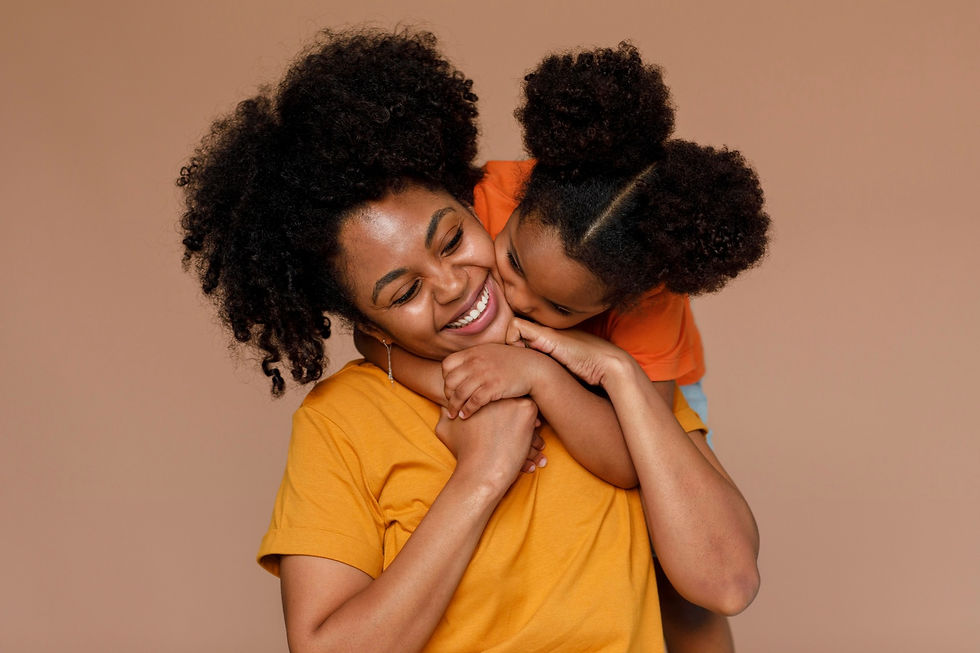Dealing with a baby who has eczema
- Margaret Wanjiru

- Nov 1, 2023
- 2 min read
At 9 weeks my infant was diagnosed with eczema. This took me out because I never expected it. It simply started as a very dry skin around her back and later her hands and legs.

At first, I thought it was because of the water we had used to bath her because the apartment we were living in then had treated borehole water.
Luckily a consultation with Dr. Osori at Aghakan Hospital, she was put on a soap and ointment and she cleared within 3 weeks.
Eczema
1 out of 10 infants and children have eczema, a dry itchy rash that comes and goes. It's not a dangerous condition, but it can be itchy and uncomfortable for babies and frustrating for parents.
While there is no direct cause for eczema, researchers link eczema as a result of immune-system dysfunction, likely from a genetic predisposition while others have linked it to several factors.
For example, one study suggested that children have a higher risk of developing eczema if their mothers experience high-stress situations during pregnancy.
In other studies, Black children were more likely to develop the condition than white children due to genetic factors.
The outdoor environment specifically air pollutants and meteorological conditions.
Here is what the doctor advised: 1. Bathe Your Child
Use lukewarm water. Hot water can make eczema worse.
Limit your use of soap and discuss with your doctor the type of soap you should use.
Rinse your child's skin twice to remove soap residue.
Keep baths short since prolonged contact with water can be irritating.
2. Moisturize
Put a gentle moisturizer on your baby's skin as soon as your child is out of the bath. Reapply it several times a day or with every diaper change.
Do not use any medications or medicated creams unless a doctor recommends it.
Hypoallergenic fragrance-free moisturizers are best.
3. Dress Your Child in Comfortable Clothing
Light, breathable cotton fabrics may be the most comfortable. Wash clothes before wearing them.
Avoid heavy, tight, or scratchy materials such as wool, nylon, or synthetic fibers.
4. Prevent Irritation
Try to keep your child from scratching. Keep your child's fingernails short and clean.
Avoid any substance you know will trigger an allergy.
Avoid irritants such as scented soaps and detergents.
Don't let your baby get too hot or sweaty. Either one can make eczema worse.
Never give a baby an antihistamine without talking to a pediatrician first.
Conclusion
Ask your pediatrician about medications to relieve itching and whether food or environmental allergens could trigger the eczema.
She is now 13 weeks. Her eczema cleared but she still has white patches on the skin. Make sure you consult your doctor. Babies are different.




Comments